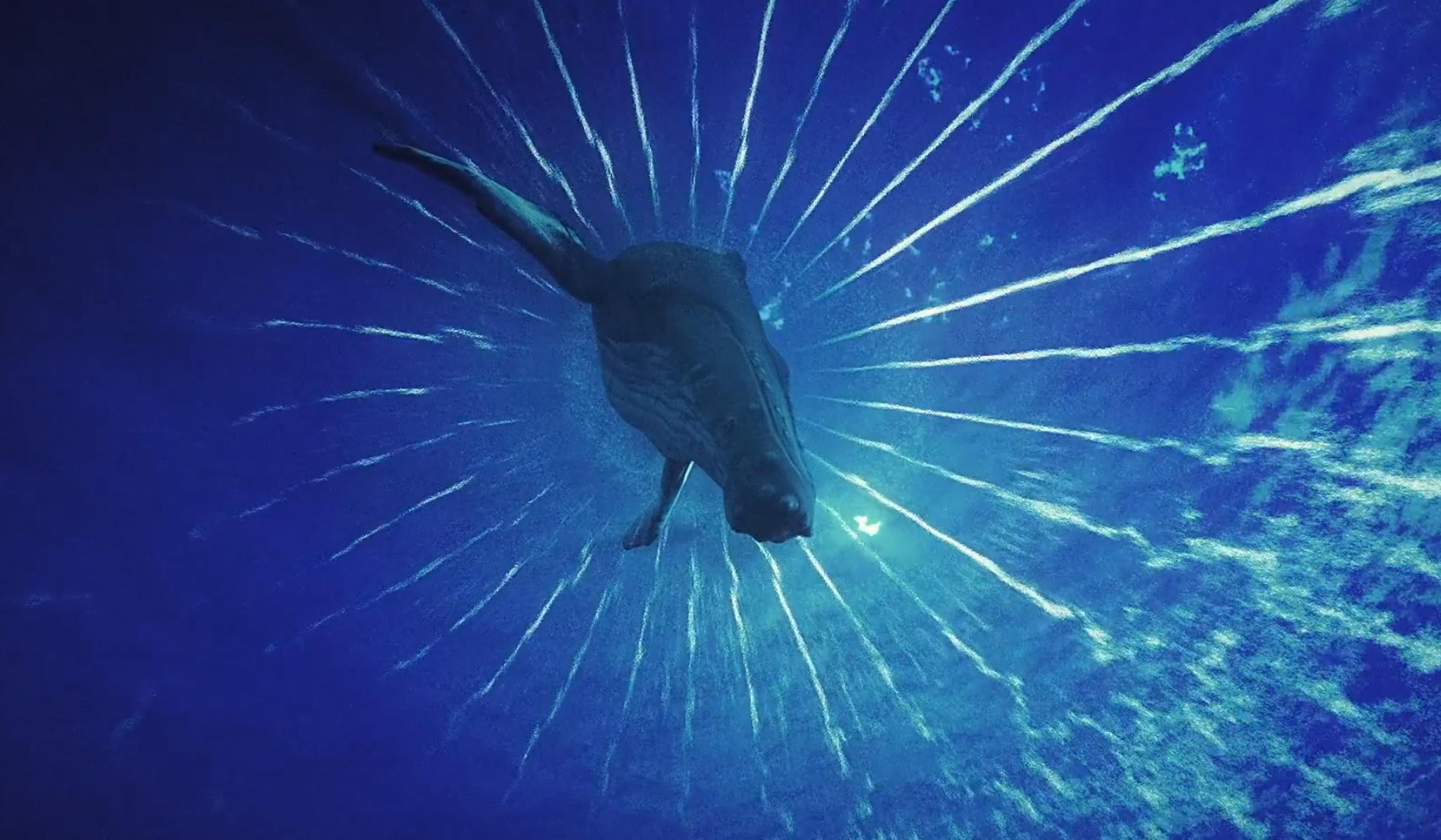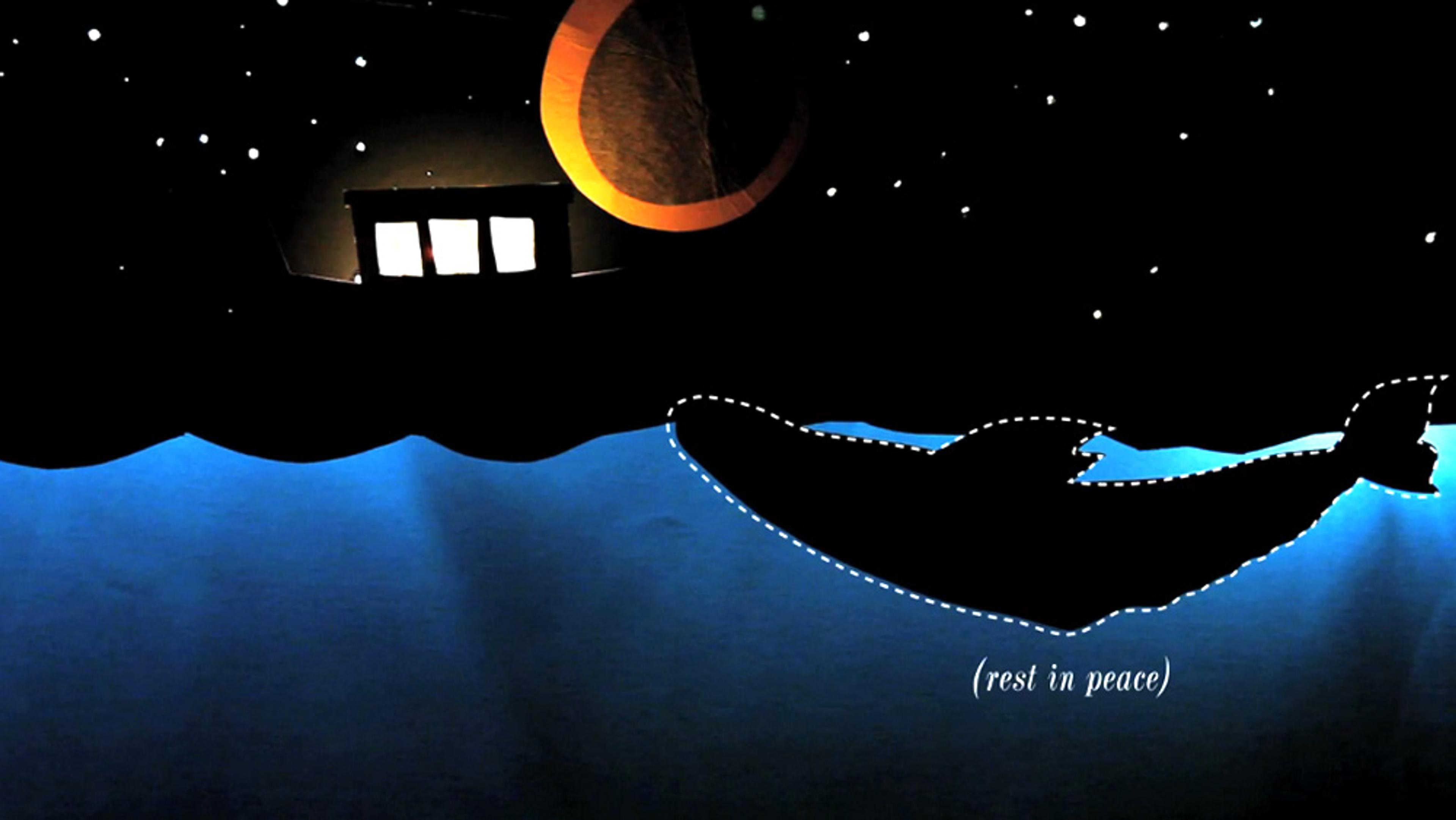Until the 1950s, when ‘whale songs’ were first captured by US underwater surveillance systems during the Cold War, whales were widely thought to be mute. This discovery changed how humans view these creatures and influenced how we treated them, helping to drive campaigns for whaling bans and long-term conservation efforts. In this conversation, hosted by the cosmologist Janna Levin at Pioneer Works in New York City, the biologist David Gruber and the comparative anatomist Joy S Reidenberg discuss how our understanding of whale communication has developed over the decades. This includes Gruber’s work as the founder and president of Project CETI (Cetacean Translation Initiative), which is using emerging technologies to decode sperm whale communication, and may one day make an interspecies dialogue possible.
Photo by Christopher Michel

videoEvolution
Watch as the whale becomes itself: slowly, slowly, from land to sea, through deep time
10 minutes

videoBiology
Like pop music, humpback whale songs spread, mutate, and fall out of fashion
9 minutes

videoHistory of science
People have been trying to talk with apes for nearly a century. How far have we got?
8 minutes

videoEcology and environmental sciences
What is it like to make eye contact with a dying whale?
2 minutes

videoSleep and dreams
How might the dreamworlds of other animals differ from our own?
8 minutes

videoEcology and environmental sciences
A whale can live 50-75 years. Its afterlife is equally long and spectacular
4 minutes

videoCognition and intelligence
How a ‘periodic table’ of animal intelligence could help to root out human bias
5 minutes

videoHistory of science
The sprawling, stinking marvels of a natural history museum’s specimens
7 minutes

videoCognition and intelligence
There’s a lot more to conversation than words. What really happens when we talk
6 minutes